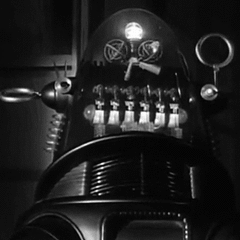Home storage/server upgrade (buy new vs old)
-
Featured Topics
-
Topics
-
davidholzapfel09 ·
Posted in New Builds and Planning3 -
4
-
7
-
Gianluca95 ·
Posted in Graphics Cards1 -
5
-
8
-
3
-
2
-
4
-
Stin6667 ·
Posted in Graphics Cards6
-
-
play_circle_filled

Latest From ShortCircuit:
I tried 20 influencer foods, here are the best… and the worst…


.png.255947720031a641abdac78e663b681c.png)
















Create an account or sign in to comment
You need to be a member in order to leave a comment
Create an account
Sign up for a new account in our community. It's easy!
Register a new accountSign in
Already have an account? Sign in here.
Sign In Now